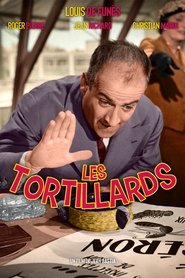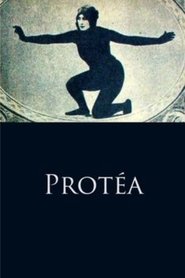
1960 star_border 6.6
playlist_add 
1921 star_border 4.5
playlist_add 
1918 star_border 5.3
playlist_add 
1916 star_border 4.7
playlist_add 
1916 star_border 5
playlist_add 
1914
playlist_add 
1914
playlist_add 
1914 star_border 6
playlist_add 
1914
playlist_add 
1914 star_border 5
playlist_add 
1913
playlist_add 
1913
playlist_add 
1913 star_border 6
playlist_add 
1913
playlist_add 
1913
playlist_add 
1913
playlist_add 
1913
playlist_add 
1913
playlist_add 
1913 star_border 4.8
playlist_add 
1913 star_border 5
playlist_add Show more
expand_more